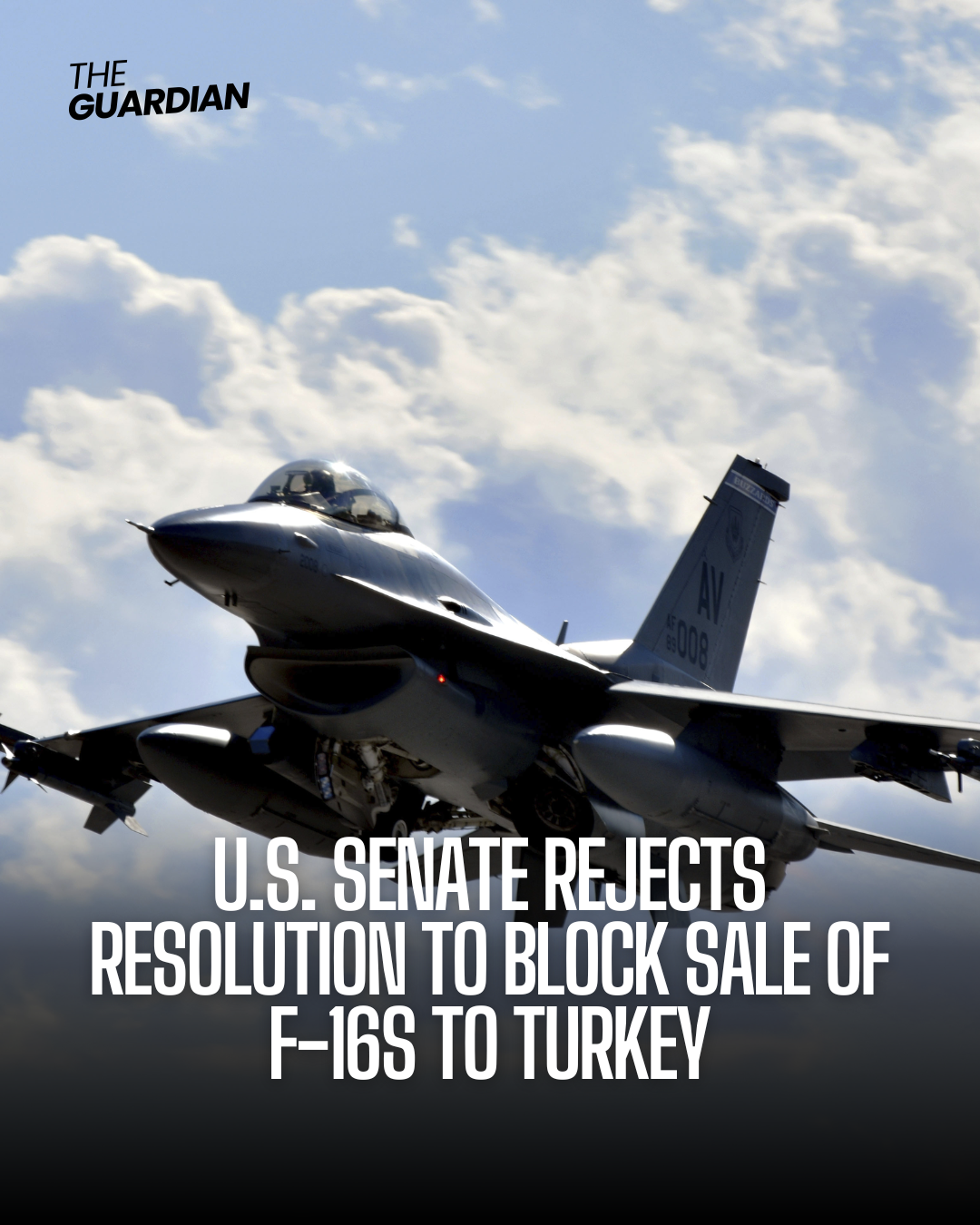The U.S. Senate has decisively rejected a resolution to halt the $23 billion sale of F-16 fighter jets and modernization kits to Turkey.
Following Turkey’s support for Sweden’s NATO accession, the Biden administration’s approval of the sale faced opposition from Republican Senator Rand Paul, who introduced the resolution of disapproval.
Senate Vote and Arguments:
In a vote of 79 to 13, the Senate dismissed Senator Paul’s resolution, highlighting bipartisan support for the arms sale.
Before the vote, Senator Paul criticized Turkey’s government, expressing concerns that the sale could encourage its “misbehavior.” However, proponents of the sale emphasized the importance of honoring commitments to a NATO ally.
Biden Administration’s Decision:
The Biden administration formally notified Congress of its intention to proceed with the sale on January 26. The deal includes the sale of 40 Lockheed Martin F-16s and nearly 80 modernization kits to Turkey.
This decision came after Ankara finalized the ratification of Sweden’s NATO membership, a process that had been pending for months.
Delay and Approval Process:
Turkey’s request for the purchase was initially made in October 2021 but faced delays due to various issues, including Turkey’s reluctance to approve Sweden’s NATO accession.
The Arms Export Control Act grants Congress the authority to block significant weapons sales through a resolution of disapproval. However, such resolutions rarely pass both chambers of Congress and survive a potential presidential veto.
Context of NATO Expansion:
Sweden and Finland sought NATO membership following Russia’s invasion of Ukraine in February 2022. While Finland’s membership was confirmed last year, Turkey and Hungary had delayed Sweden’s bid.
Approval from all NATO members is required for countries seeking to join the alliance, underscoring the significance of Turkey’s support for Sweden’s accession.


























